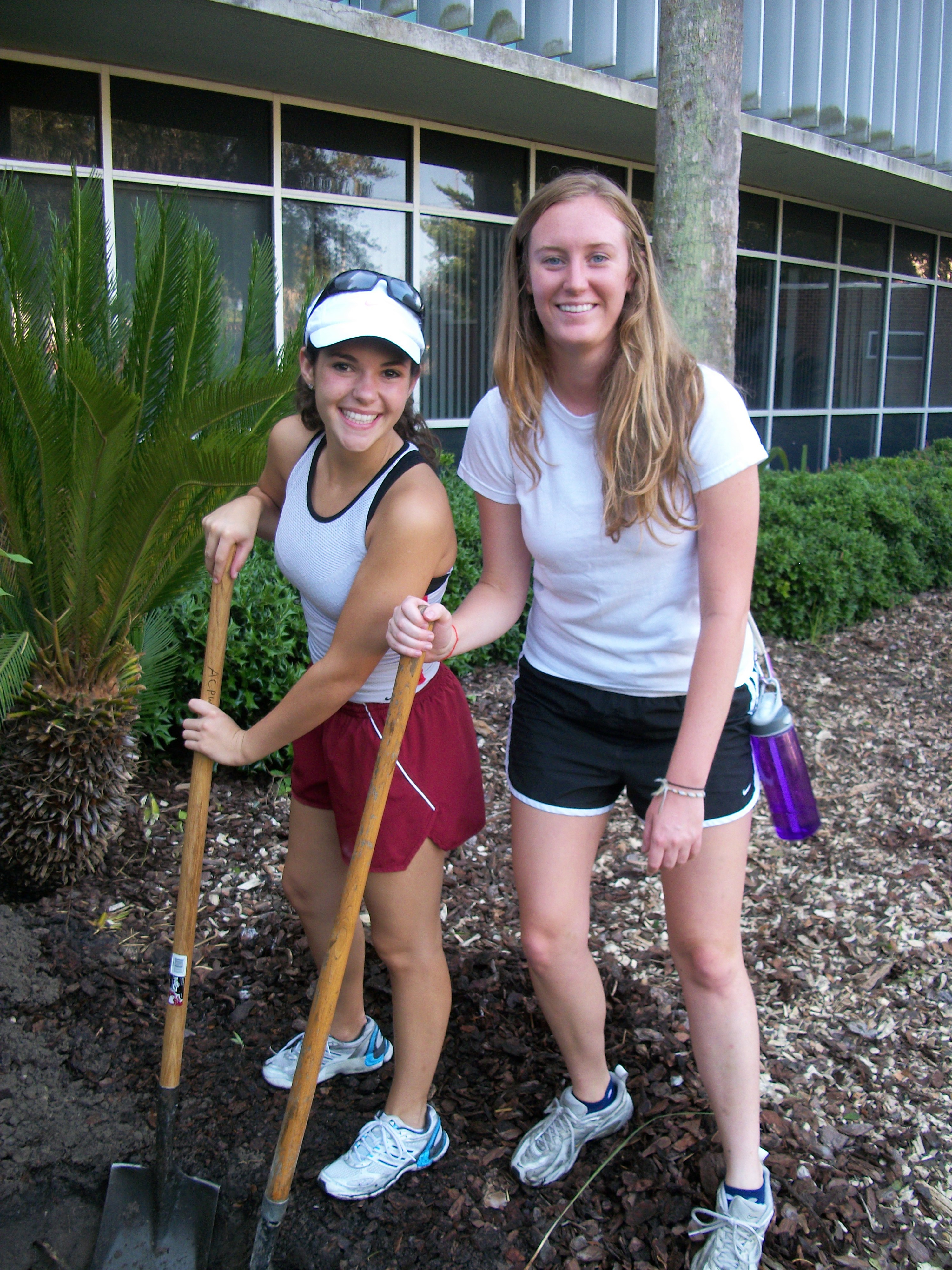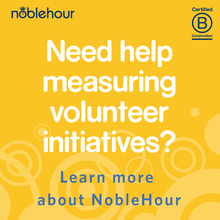A more caring world would be comprised of more people using their time to improve their community. However many people do not feel motivated to serve. The best way to overcome this obstacle is to instil a sense of obligation to one’s community at an early age. Motivating young people to volunteer can seem daunting at first because teens are perceived as being apathetic and selfish. However, with the correct approach, bringing out the compassionate side in teens is less challenging than it may seem. To encourage young people to become civically engaged, you must first appeal to their interests by listening and guiding them toward service opportunities that they will learn and grow from the most. 
Becoming influential in young people’s lives means earning their respect. Students will be more open to your ideas if you become relatable without being artificial. Trying to relate to young people by pretending to be one of them will only have their eyes rolling at you. Treat them as you would anyone else, and be yourself. Young people want to feel that your energy and enthusiasm is a genuine part of who you are. They don’t want to hear a sales-pitch type speech about volunteerism that blatantly attempts to appeal a younger generation. To do this you must break the predisposition that adults don’t trust teens and vice versa.
Though seemingly counterintuitive, young people will sooner respect and follow you if you treat them as an equal. Show them you are someone they want to respect and listen to rather than someone they must follow. An important step in establishing this relationship is so engage them in meaningful conversation. Using authoritative language full of rigid directions and procedures is ineffective because in truth, no one really likes being told what to do. People like to hear about new ideas and then with their own sense of agency decide to act upon those ideas and movements. Avoid clichés and present the platform of volunteerism as an exciting, new idea by showing how it can be innovative and meaningful. Once you have earned the trust and respect of a group of young people, you’ll be ready to engage them and help them make the most of their service experiences.
As an advisor and mentor to young people, encouraging them to serve means being a resource and guide to their service projects. Students are driven to work for causes that they are interested in, so rather than handing them a project, talk to them and coach them through what they think is needed in the community and how they believe they can help. Though they may be initially motivated by an incentive to volunteer the goal is that gradually students will become more inclined to volunteer out of personal interest and growth - rather than just a reward. You can help students develop this inclination to volunteer by guiding them to find opportunities that align with their interests. Listen attentively and show them ways they can become involved with nonprofits or start their own service initiatives that cater to their interests. Students are impacted personally more by the one-on-one conversations they have with mentors and teachers than large, wholesale speeches and lectures. Getting to know a student can help you be a better resource to them in finding service opportunities.
The main goal of motivating students to serve is to make service fit with their lives rather than forcing it on them. You earn their trust and respect by being genuine, relatable, and an attentive listener. Often students feel unenthusiastic about service because they don’t really feel they can make an impact; they think they do not have a say in the things they’d like to change in their community. Intrinsically, most students want to exercise their voice in the community, but don’t realize they have the power. Volunteering helps students understand ways they can make a difference.
Additionally, when a student feels stuck, help break down a project into small tasks. Try to understand what they are interested in changing and show them that this can be achieved by asking them to break up a project into smaller steps. Short-term goals are easier to digest than big-picture ideas. Showing students that service is an accessible way to make a difference is one of the best motivators. Check in with students periodically on the progress of their service projects and remind them that their work is appreciated. Showing appreciation for a volunteer’s work helps to maintain that trust and respect that was initially built to get them involved.
Encouraging students to volunteer means first gaining their attention and respect. Incentives may help catalyze a student’s service, but individualized attention and guidance will help motivate them to become life-long volunteers. Getting students to work with other people their own age also helps motivate them to serve. In the end, fostering a culture of service and instilling in each individual the desire to work for something greater than themselves starts with making change-making more accessible. Showing young people that by applying their knowledge and passion, they already have the tools to make a difference is the best way to ensure volunteerism begins and continues to give them purpose in life.

.jpg?width=280&height=374&name=101_2388(1).jpg)





